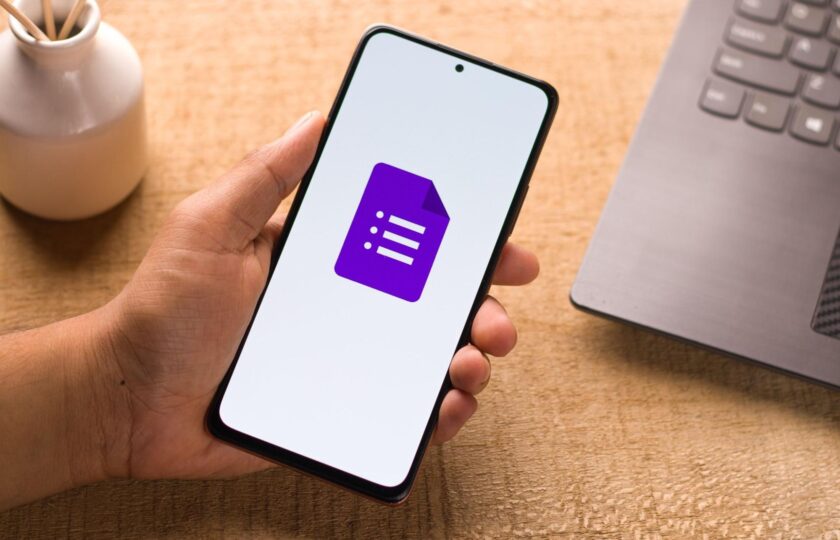Introduction
WhatsApp has become an indispensable communication channel for billions worldwide. With more than 2 billion monthly active users, it surpasses platforms like Messenger and Snapchat. This massive user base presents a sizable opportunity for businesses to engage customers personally.
One vital way businesses can leverage WhatsApp to drive engagement and sales is through the WhatsApp Business API – a platform enabling companies to integrate WhatsApp messaging and analytics natively.
This article extensively discusses what the WhatsApp Business API is, its key use cases for businesses, top reasons for adoption, how it is different from the WhatsApp Business app, and so much more. Continue reading to learn how WhatsApp Business API can boost efficiency and sales in your business via automated messaging and analytics.
What is WhatsApp Business API?
The WhatsApp Business API is an enterprise platform that allows businesses to integrate WhatsApp messaging into their systems at scale directly. The API handles complexity around reliable, swift delivery across networks and locations.
With the WhatsApp Business API, businesses can build customized chatbot solutions, smart notifications, automate support and sales, run targeted campaigns, and more. It provides rich capabilities around messaging, user management, analytics, templating and personalization so businesses can optimize and tailor messaging.
What’s more, by leveraging the WhatsApp Business API, businesses will appear to customers via designated business profiles, enabling branding and interactivity while complying with WhatsApp’s guidelines. In other words, businesses can use the WhatsApp Business API to unlock huge customer engagement and efficiency opportunities through WhatsApp messaging integration.
The WhatsApp Business API allows businesses to connect directly to WhatsApp’s infrastructure and send messages to customers programmatically. The technical complexity is removed while ensuring fast, reliable delivery to customers around the world by leveraging WhatsApp’s optimized networks.
Key Use Cases of WhatsApp Business API
Here are some vital use cases and applications where WhatsApp Business API delivers tremendous value to businesses:
1. Chatbots & Virtual Assistants
Leverage advanced messaging and templates to build AI chatbots that engage customers at scale in a timely fashion. Chatbots are multifunctional platforms that can efficiently handle tasks such as answering frequently asked questions, sending order receipts, and recommending products automatically in high volumes. The beauty of chatbots and virtual assistants is that they provide businesses with much needed flexibility and time to focus on other business tasks that move the needle.
2. Support & Notifications
Send notifications like order/shipping confirmations and payment receipts via an automated API infrastructure. Streamline support by assigning inquiries. In other words, the WhatsApp Business API eliminates the need to complete these tasks with effective automation that scales seamlessly.
3. Targeted Campaigns
The WhatsApp Business API also allows businesses to segment consumer data to create targeted groups and engage them with tailored content and offers. As such, businesses can send time-bound promo codes, launch product campaigns, and invite their customers to webinars based on what segment they belong.
4. Drive Engagement
Since WhatsApp is on almost all smartphones, it’s a prime channel for app download CTAs. WhatsApp has a 98% message open rate and a Click Through Rate of between 45% and 60%. Additionally, analytics provide conversion metrics that businesses can use to optimise their campaigns.
5. Event/Webinar Reminders
Businesses can also keep their customers engaged leading up to events or webinars with timely reminders and updates over WhatsApp leveraging its business APIs.
6. Appointment Reminders
Health care services can integrate calendars with WhatsApp Business API to send automated appointment reminders and confirmations to their clients or patients.
7. Alert Subscribers
Media sites can alert followers about breaking news or big stories using WhatsApp Business API integration. It is an effective way to drive traffic to their websites, boost engagements and promote outstanding customer experience.
8. Send Video Content
Video content has become the most popular way to convey information over the internet because they provide both visual and audio stimulation. Businesses can leverage WhatsApp’s video capabilities to drive engagement with trailers, demos, tutorials, and more.
9. Offer Support Incentives
Offer exclusive support benefits or incentives over WhatsApp to drive satisfaction and loyalty. Businesses can also leverage customer segmentation to offer tailored benefits or incentives to their customers based on previous behaviour or preferences.
5 Compelling Reasons Driving WhatsApp Business API
Adoption
There are 5 very convincing benefits propelling WhatsApp Business API adoption:
1. Reach Billions
With over 2 billion active monthly users, there is no other platform that matches WhatsApp’s reach for customer engagement. WhatsApp is as personal as it gets.
2. Leverage Interactivity
Customers expect conversations, not static communication. The API facilitates scalable, interactive messaging between users and businesses.
3. Guaranteed Delivery
Messages directly reach devices without third-party networks using optimised telecom infrastructure.
4. Boost Engagement & Sales
Transactional, personalised messages have better CTAs, conversions, ROI – especially in emerging markets. With 98% message open rate and 45%-60% click through rate, WhatsApp provide a huge amount of reach to potential customers.
5. Powerful Analytics
WhatsApp Business API provides businesses with granular visibility into critical metrics on customers, engagements, funnel performance, and API usage via the analytics dashboard.
WhatsApp API vs WhatsApp Business API
It’s vital to distinguish between the WhatsApp Business API and WhatsApp API:
The WhatsApp Business API is an enterprise platform allowing medium-sized businesses to integrate WhatsApp messaging & analytics via advanced APIs natively.
The WhatsApp consumer API remains restricted to basic use cases like broadcast lists. Most developers use the WhatsApp Business API to fully harness WhatsApp messaging at scale.
How to Set Up WhatsApp Business API
Here’s a quick summary on getting started with the WhatsApp Business API:
1. Submit Request
Visit the WhatsApp Business API signup page (at https://business.whatsapp.com/products/business-platform) and submit a request with business details.
2. Get Approved
The WhatsApp sales team evaluates based on use cases and approves requests, which may take a few weeks.
3. Integrate
Once approved, you will be granted access to documentation and API keys to start integrating WhatsApp capabilities into your platform/app. At this point, it might also but helpful to consider some software that can help to manage your WhatsApp Business API accounts. Some popular choices would include MessageBird, Twillo. A quick search on WhatsApp BSP on google will give good alternatives, but will usually come with a cost.
4. Get Verified
Before going live, endpoints need WhatsApp verification to ensure compliance.
5. Go Live
Post verification, users can start interacting with your WhatsApp-integrated business application.
WhatsApp Business API Offers Powerful Capabilities
Undoubtedly, the WhatsApp Business API enables stellar features, but demands significant integration effort and time. The approvals process also necessitates planning. As such most small companies find that Joyform meets their demands with welcome simplicity.
As companies grow, those needing advanced customization, dedicated business profiles or human takeovers for conversations can upgrade to the WhatsApp Business API.
A simpler and cheaper solution for smaller companies
For many small businesses, using an automated notification service like JoyForm removes the need to apply for WhatsApp Business API, thus making it simple to set up, yet not compromising on the seamless engagement with customers.
With Joyform, businesses can easily set up multi-channel notifications for their customers in a matter of minutes without any coding experience or business verification. It is also packed with nifty integrations like Zapier that can function seamlessly across platforms such as WhatsApp, SMS, email, push and much more based on events in your systems.
Joyform streamlines sending appointment reminders, order confirmations, support tickets, abandoned cart recovery and more without needing WhatsApp Business API access. Customizable templates and flexible targeting eliminate all forms of complexity making JoyForm a must-have for every small business.
Conclusion
The WhatsApp Business API unlocks tremendous opportunities for brands through access to billions of WhatsApp users for better engagement and support. While integration takes work, the rewards make the investment worthwhile for larger companies. On the other hand, smaller businesses can find standalone notification services to assist in fulfilling their goals, whereas bigger entities gain more customization control via the API.
With rich messaging, automation and analysis capabilities, the WhatsApp Business API empowers enterprises to optimise customer interactions and operational efficiency. However, streamlined notification platforms give great flexibility to smaller businesses as well. Understanding use cases and trade-offs allows selecting the best approach per business needs and size.



